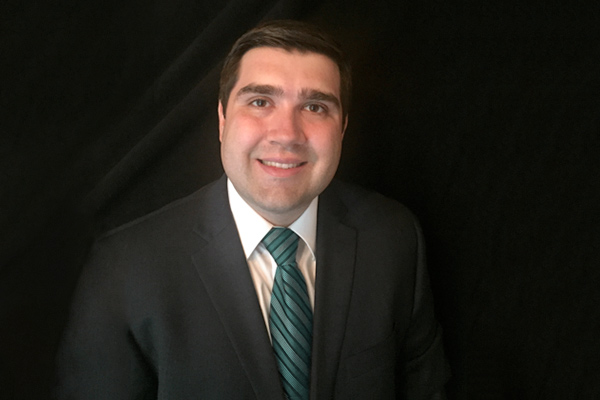USU Psychology Research Highlighted in The Wall Street Journal

Would you rather eat dinner out tonight, or save toward retirement? For many of us, the idea of saving for retirement is too obscure to have an impact on our decision-making in the moment. But how easily can humans change their impulsive behavior?
CEHS researchers in the Department of Psychology found that students who completed a basic financial education course were more willing to wait for a bigger financial payout than those who didn’t. The Wall Street Journal featured this USU research in their popular “Journal Reports: Wealth Management” section, in an article titled, “The Key to Financial Discipline? It May be as Simple as Taking a Class.”
William DeHart is a graduate student working in collaboration with his faculty mentors, Dr. Amy Odum and Dr. Jean Lown at USU to author the study, which appeared in PLOS ONE, a scientific journal published by the Public Library of Science. “Money relates to other aspects of our lives,” said DeHart. “For example, if we give individuals financial counseling on top of substance abuse treatment, it may be possible to see better outcomes there as well.” Taking a class on finances, investing, life and health insurance, etc., can lead to lower levels of impulsive behavior across all areas of life.
“If we teach kids financial control, it can help them build self-control in other areas, but many of us don’t learn these concepts as part of our education,” said DeHart. “Often, employers will offer the opportunity to sit down with a financial counselor, but people don’t take it because they just don’t know what they’re supposed to do.”
The Emma Eccles Jones College of Education and Human Services offers several financial counseling resources and classes through its Family Life Center. When asked what one could do today to improve self-control, DeHart suggested imagining ourselves at that delayed outcome. “Researchers are finding a lot of success with those who picture themselves in the future receiving positive consequences, so visualization is a very effective way to start increasing self-control.”

